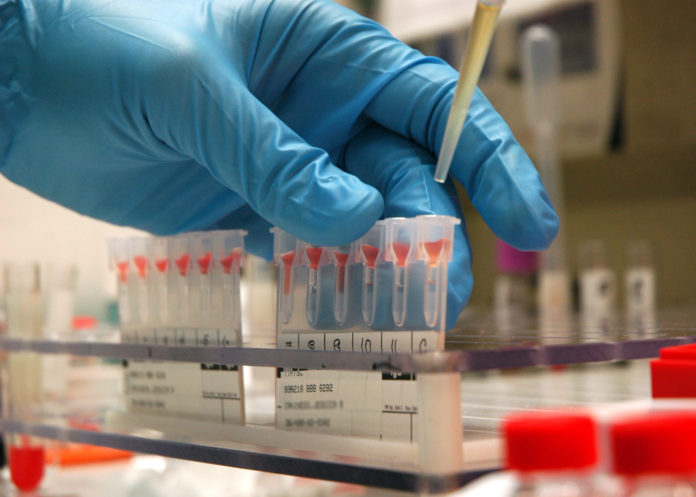
A new non-invasive blood test could help early detection of eight types of cancer and also identify the location of the disease, researchers from the Johns Hopkins University have reported in the journal Science. The test is based on a combined analysis of DNA and proteins.
In more than 1,000 patients, their method, dubbed CancerSEEK, detected cancer with a sensitivity of 69 to 98% (depending on cancer type). Diagnosing cancers earlier – before they have metastasized – is one of the keys to reducing future cancer deaths. Five of the cancers covered by the test currently have no screening test. “The use of a combination of selected biomarkers for early detection has the potential to change the way we screen for cancer, and it is based on the same rationale for using combinations of drugs to treat cancers,” said Nickolas Papadopoulos, professor of oncology and pathology at Johns Hopkins University in the US.
According to the study published CancerSEEK is noninvasive and can, in principle, be administered by primary care providers at the time of other routine blood work. The investigators initially explored several hundred genes and 40 protein markers, whittling the number down to segments of 16 genes and eight proteins. The test assesses mutations in 16 cancer genes as well as the levels of ten circulating protein biomarkers. They studied 1,005 patients who had been diagnosed with Stage I to III cancers of eight common types, as well as 850 healthy control individuals, and found that CancerSEEK detected cancer with a sensitivity of 69 to 98%, depending on cancer type.
The test was 99% specific, meaning that the likelihood of a healthy individual receiving a false positive result was very low. In some cases, the test also provided information about the tissue-of-origin of the cancer – a feat that has been difficult in past. The patients had already been diagnosed with pre-metastatic cancer on the basis of disease symptoms. The ultimate goal of CancerSEEK is to detect cancer even earlier — before the disease is symptomatic.
The researchers estimate that the cost of this single blood test for eight cancer types may be less than $500 – a little over Rs 30,000. “Many of the most promising cancer treatments we have today only benefit a small minority of cancer patients, and we consider them major breakthroughs. This test represents the next step in changing the focus of cancer research from late-stage disease to early disease, which I believe will be critical to reducing cancer deaths in the long term,” said Bert Vogelstein, professor of Oncology at Johns Hopkins University.












